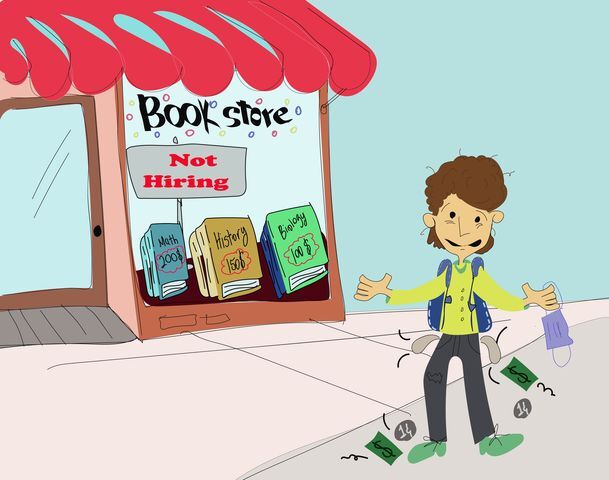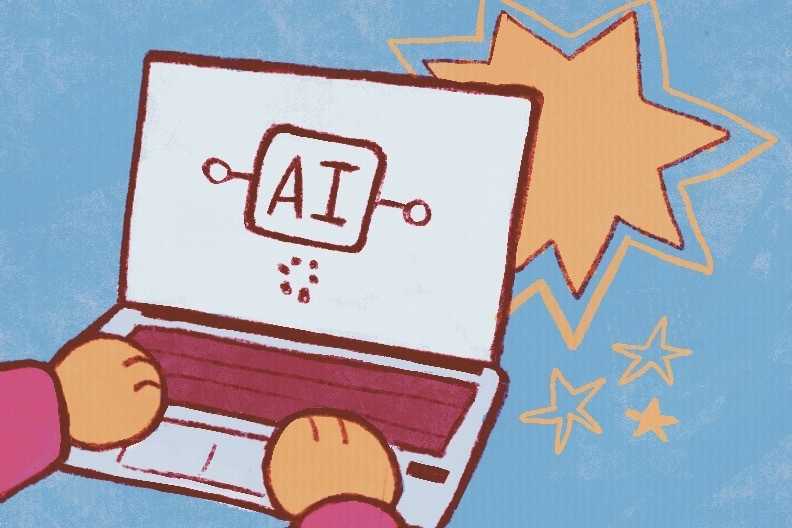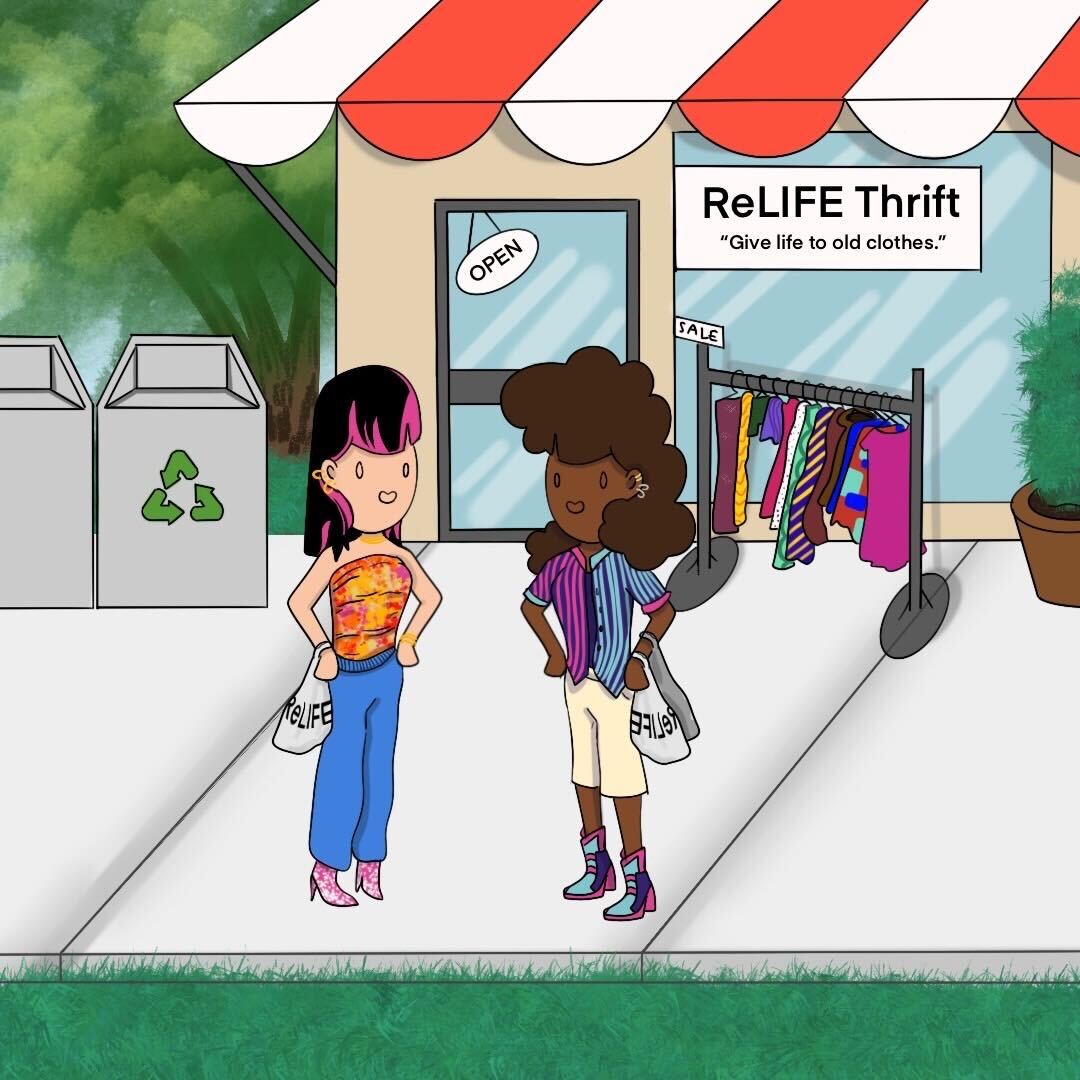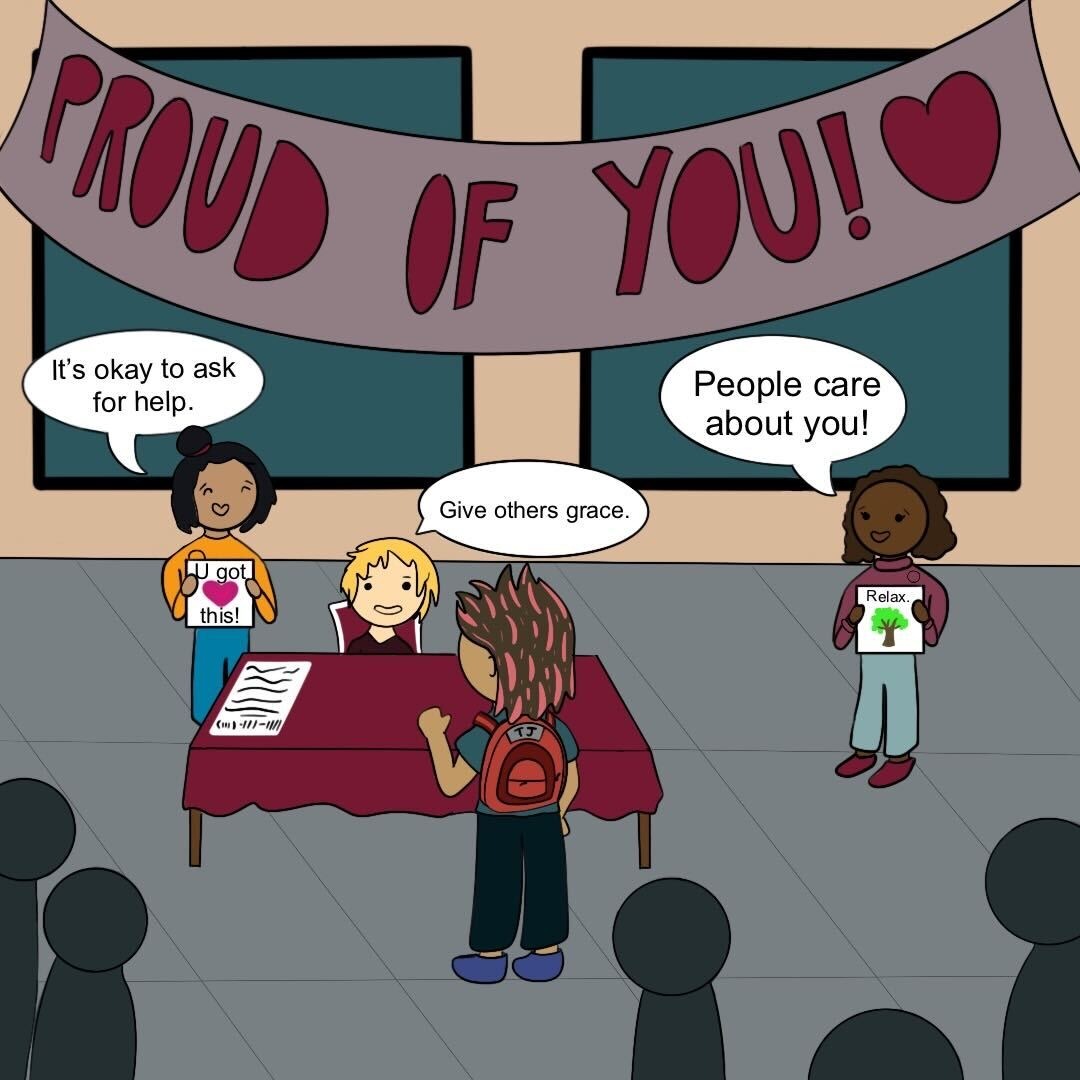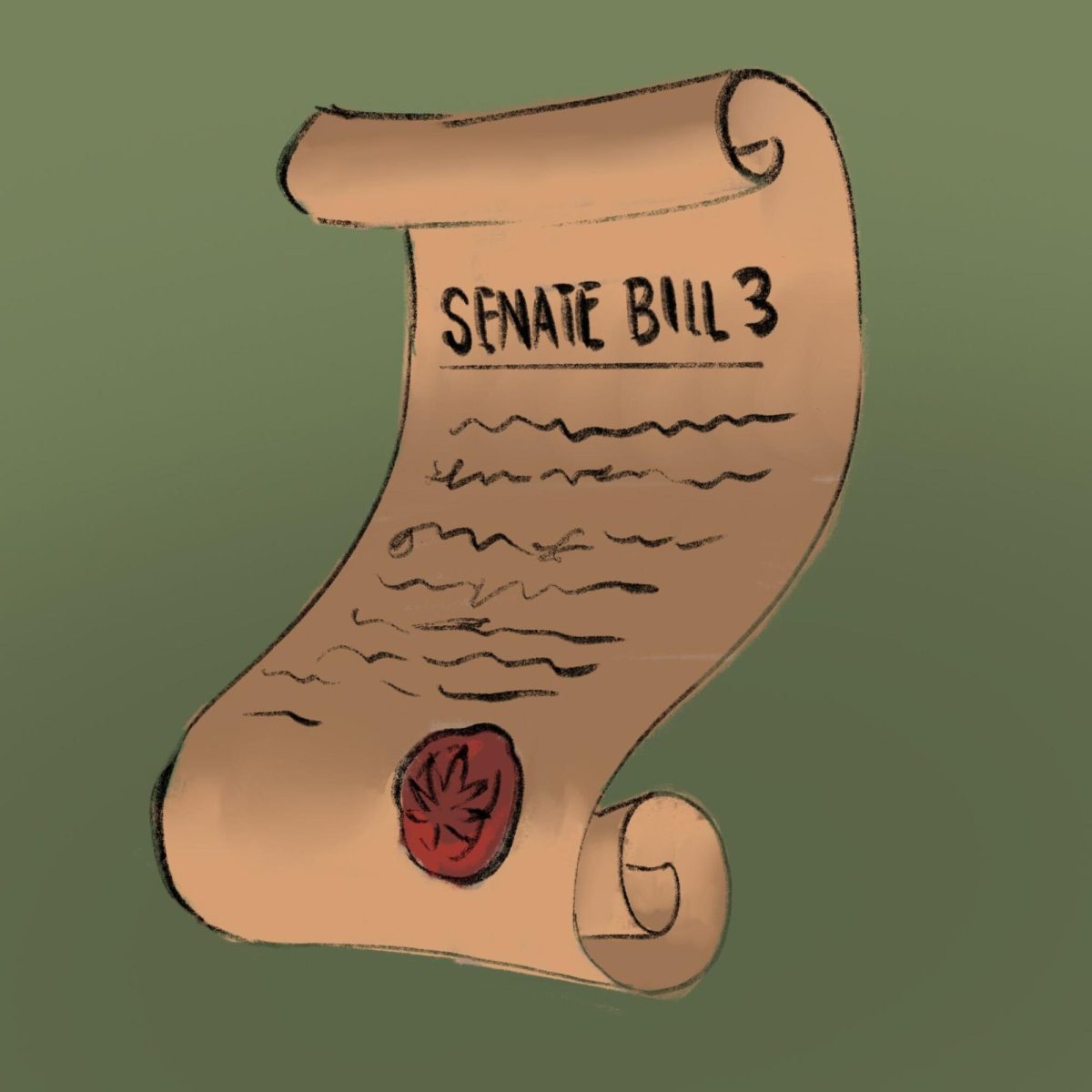In April 2020, the first round of stimulus payments were sent to millions of Americans to support them at the onset of the COVID-19 pandemic. In early 2021, millions began receiving a second round of payments.
The eligibility requirements limited certain people from the payments, although they likely experienced the same economic distress as a result of the global health crisis. Some people, specifically college-aged adults, were claimed as dependents on their parents’ income in 2018 and 2019. This, unfortunately, made them ineligible for stimulus checks.
The pandemic has affected everyone in different ways, and it is unfair and problematic to hinder college students from receiving payments when they also struggle. As conversations about the third round of stimulus payments consume the U.S. Congress, students claimed as dependents should not be left out.
Texas State distributed funds to students through the Bobcat Cares Emergency Grant between April and May of 2020, which provided students with financial assistance. This was helpful to most students since the beginning of the pandemic brought hastily, unforeseen changes.
Though the payment was helpful for a short period of time, students are still struggling a year later because of the extreme circumstances brought on by COVID-19. While a second Bobcat Cares grant is on the way, it surely will not be enough to satisfy the needs of all students. Additional money from stimulus payments would only help.
The cost of higher education was already on the rise prior to the pandemic. According to Forbes, “for the 2019-20 academic year, the current average cost [was] $36,880 for tuition and fees: an increase of 220%.” To make matters worse, some universities have increased tuition during the pandemic.
In addition to tuition, students have to pay an average of $760 on additional course materials, such as books and access codes. In some cases, the books are fundamental to a student’s success in a certain class; in others, the additional course materials are unnecessary. No matter which category the material falls under, it is another expense that puts students at a financial disadvantage.
Another thing to consider is not all college students live in dorms. Many have apartments with rent and bills to pay. This is especially the case at Texas State, where students are placed in a housing lottery for eligibility to live on campus after their freshman year. This means a majority of Texas State students are living in student apartments or traditional apartments in the San Marcos area.
Students are dependent on jobs to pay bills, and with the pandemic still going on, finding reliable work is challenging. If one does have a retail job — as some college students do — they are putting their lives at risk.
According to Vox, 54% of the 13.5 million dependents in the U.S. are students.
“An analysis by People’s Policy Project determined that about 2.3 million adult dependents who fall into the lowest income category won’t receive a $600 check,” the Vox article adds.
This means that one of the most disadvantaged groups, college students, is left without financial assistance from the federal government throughout the global health crisis. But college students are among people who need the stimulus payment now more than ever.
The “dependent” label has cost students $1,800 that could have gone toward rent, course material, food and bills. College students need help, and they need it now.
– Taylor Bradley is an English senior
The University Star welcomes Letters to the Editor from its readers. All submissions are reviewed and considered by the Editor-in-Chief and Opinion Editor for publication. Not all letters are guaranteed for publication.
Opinion: College students need stimulus payments too
Taylor Bradley, Opinion Columnist
March 5, 2021
0
Donate to The University Star
Your donation will support the student journalists of Texas State University. Your contribution will allow us to purchase equipment and cover our annual website hosting costs.
More to Discover


